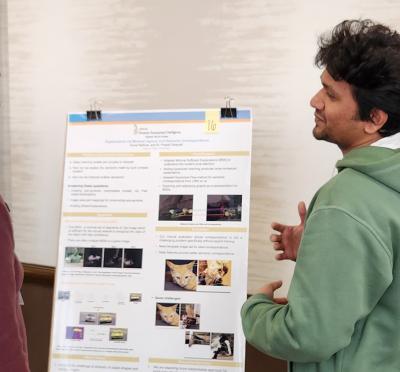
Prasad Tadepalli
3069 Kelley Engineering Center
Corvallis, OR 97331
United States
Reinforcement learning, explainable ai, automated planning, machine learning
Prasad Tadepalli has an M.Tech in computer science from Indian Institute of Technology, Madras, India and a Ph.D. from Rutgers University, New Brunswick. He joined Oregon State University, Corvallis, as an assistant professor in 1989. He is now a professor in the School of Electrical Engineering and Computer Science of Oregon State University. He co-authored over a hundred papers in artificial intelligence and machine learning in various journals, conferences, and workshops. He organized many workshops and tutorials and co-chaired the international conference on inductive logic programming in 2007. He was a member of many conference program committees and is currently an action editor for the Journal of Artificial Intelligence Research, and the Machine Learning journal. Research Areas Artificial intelligence, machine learning, automated planning and reasoning, natural language processing.



